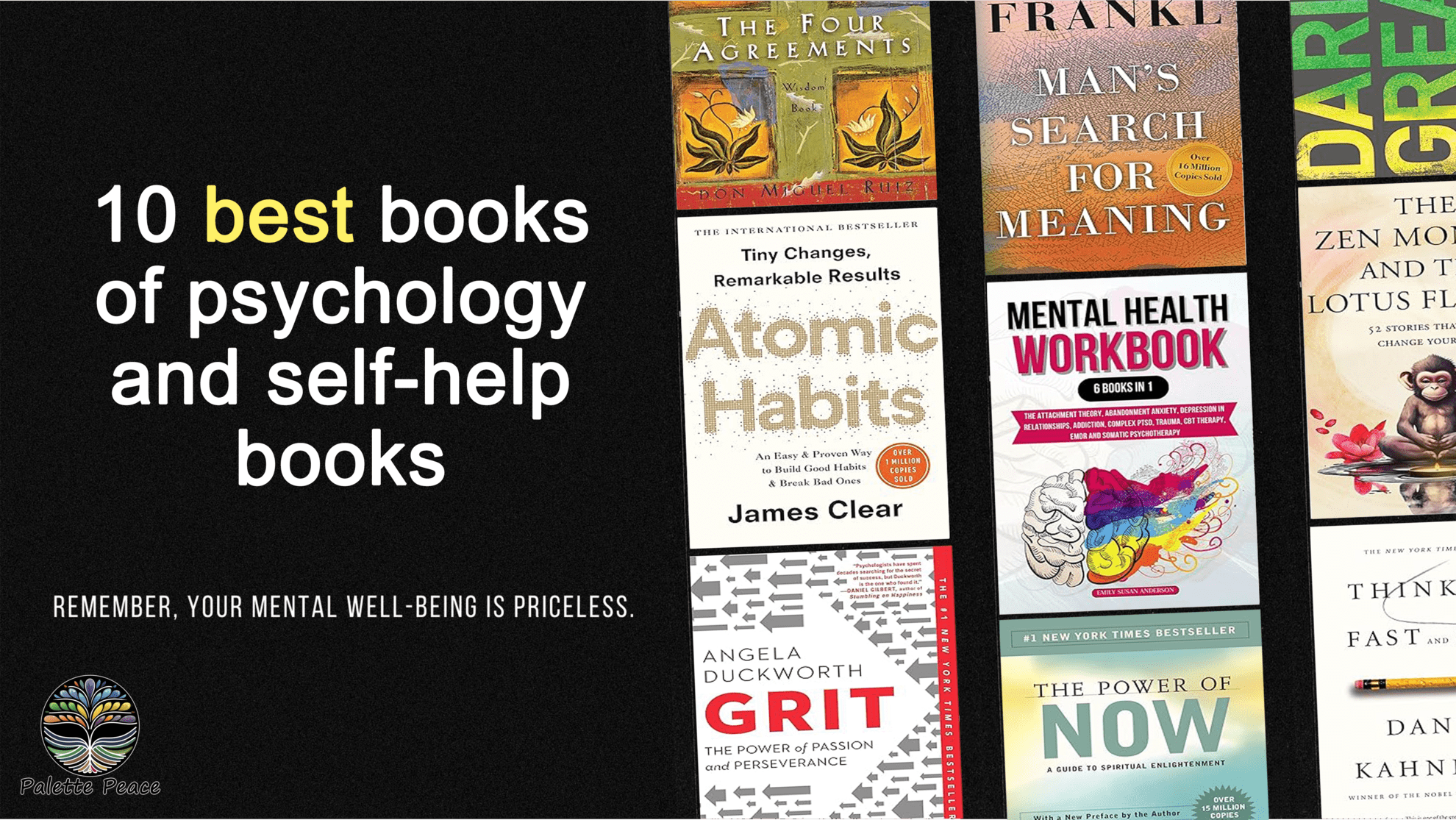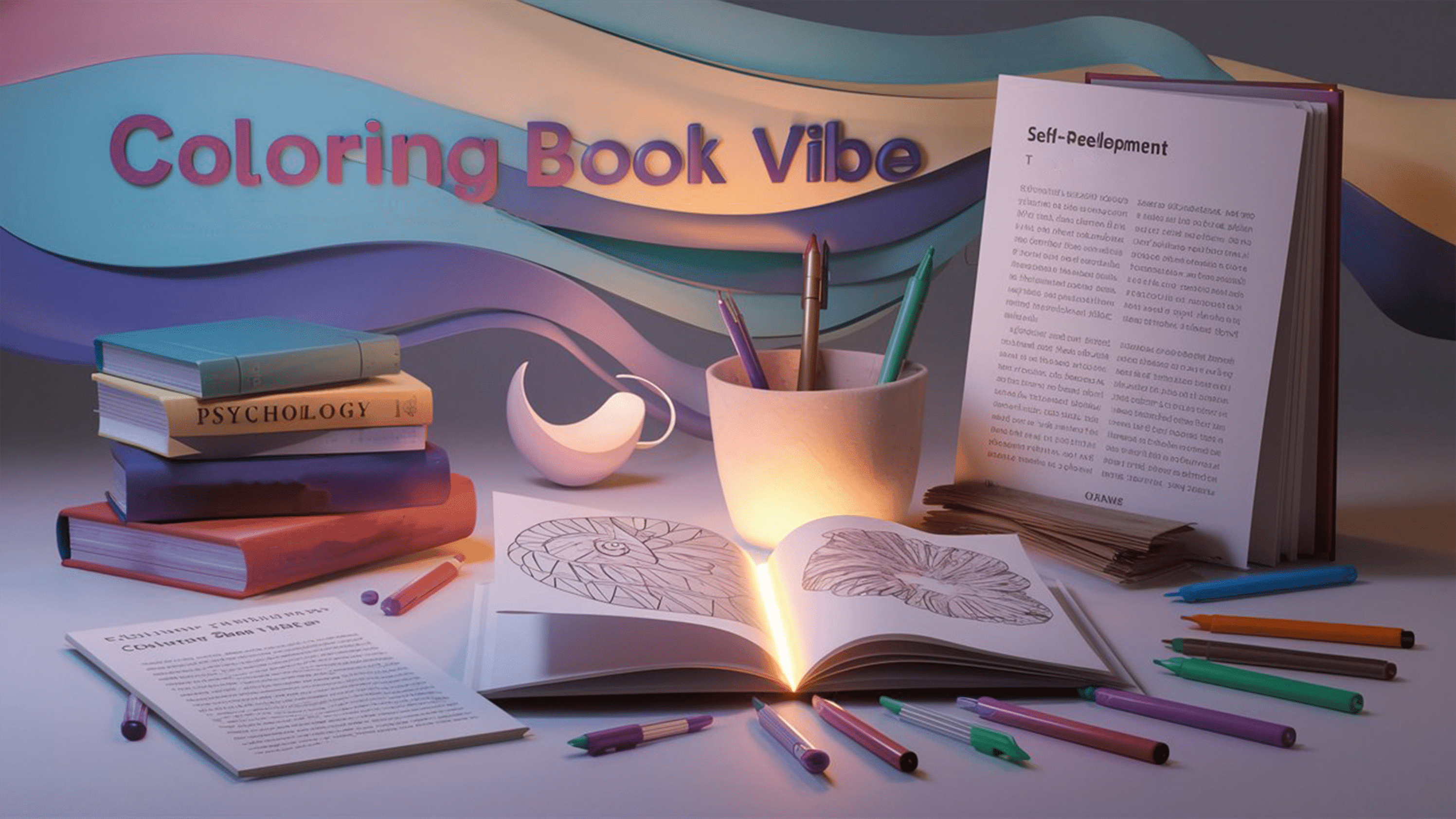Radical self-acceptance is the practice of fully embracing all aspects of who we are, including our flaws, mistakes, and insecurities. Unlike traditional self-acceptance, which may involve conditional love based on improvement or achievement, radical self-acceptance encourages us to value ourselves unconditionally. This approach to self-love is transformative, as it promotes resilience, reduces inner conflict, and creates a foundation for authentic self-confidence.
In this article, we’ll explore the core principles of radical self-acceptance, its profound impact on mental health and personal growth, and practical techniques to cultivate this mindset daily. Whether you’re battling self-doubt, perfectionism, or feelings of inadequacy, practicing radical self-acceptance can be the key to a more peaceful and fulfilling life.
Understanding Radical Self-Acceptance
Radical self-acceptance requires acknowledging every part of who we are—the good, the bad, and the imperfect. While traditional self-acceptance might focus on the positive aspects of ourselves, radical self-acceptance invites us to welcome the parts we might struggle with or wish to hide. Embracing every aspect of ourselves removes the pressure to “fix” who we are, allowing us to live authentically.
1. Embracing Unconditional Acceptance
Radical self-acceptance is about viewing ourselves without judgment. This doesn’t mean that we ignore areas for growth or improvement; rather, we approach these areas from a place of compassion, rather than criticism. Self-acceptance becomes “radical” when we practice it unconditionally, embracing who we are regardless of accomplishments, mistakes, or perceived shortcomings.
2. Recognizing Self-Judgment
Self-judgment is a barrier to self-acceptance. When we’re constantly evaluating ourselves, we create an internal conflict that leads to stress and anxiety. Radical self-acceptance involves recognizing and reducing self-judgment, allowing us to foster self-compassion and a more supportive inner dialogue.
The Benefits of Radical Self-Acceptance
Embracing radical self-acceptance can have profound effects on our mental health, relationships, and overall quality of life. Here are some key benefits:
1. Reduced Anxiety and Stress
Accepting ourselves unconditionally reduces the mental strain that arises from perfectionism and self-criticism. We stop striving to meet impossible standards, which lowers stress and enhances emotional well-being. Radical self-acceptance brings peace by eliminating the internal conflict that arises when we feel the need to constantly improve or validate ourselves.
2. Greater Resilience and Emotional Stability
Radical self-acceptance strengthens our resilience. When we embrace ourselves fully, we become less affected by external criticism or setbacks. This creates a stable foundation for navigating life’s challenges with a calm, balanced mindset.
3. Increased Confidence and Self-Worth
When we practice self-acceptance, we build a more authentic and stable sense of self-worth. Confidence becomes internal, no longer based on external achievements or validation from others. Radical self-acceptance allows us to feel worthy, regardless of circumstances.
How to Cultivate Radical Self-Acceptance
Achieving radical self-acceptance requires intentional practice, self-reflection, and patience. Here are some actionable steps to help you cultivate this mindset:
1. Practice Self-Compassion
Self-compassion is essential for radical self-acceptance. When we treat ourselves with kindness and understanding, we create a foundation for self-acceptance. Self-compassion involves three main components: self-kindness, recognizing shared humanity, and mindfulness.
- Self-Kindness: Replace self-critical thoughts with supportive and compassionate ones. When you make a mistake, remind yourself that everyone makes mistakes, and treat yourself with the same kindness you’d offer a friend.
- Shared Humanity: Understand that struggles, insecurities, and mistakes are part of the human experience. Recognizing this helps us feel less isolated and more connected to others.
- Mindfulness: Practice mindfulness to observe self-critical thoughts without judgment. Instead of letting these thoughts affect your mood, acknowledge them and let them pass.
2. Reframe Negative Self-Talk
Negative self-talk often stands in the way of self-acceptance. When we catch ourselves saying things like “I’m not good enough” or “I’ll never succeed,” we reinforce limiting beliefs that prevent self-acceptance. Reframing these thoughts can help you develop a kinder, more constructive mindset.
- Replace Negative Phrases: Turn self-critical thoughts into empowering ones. For example, change “I’m terrible at this” to “I’m learning and growing with each attempt.”
- Acknowledge Your Efforts: Remind yourself that effort and progress matter more than perfection. Self-acceptance involves valuing your journey as much as the outcome.
3. Embrace Imperfections
Imperfections are what make us human. Rather than hiding or denying them, radical self-acceptance encourages us to embrace our imperfections as part of our identity. This doesn’t mean ignoring areas for growth, but rather accepting that imperfections don’t define our worth.
- Shift Your Perspective: View your imperfections as unique qualities rather than flaws. Each imperfection adds to your character, resilience, and relatability.
- Celebrate Small Wins: Instead of focusing on what you lack, recognize what you accomplish each day. These small wins can help you build a positive self-image and strengthen self-acceptance.
4. Set Boundaries with Self-Comparison
Self-comparison often hinders radical self-acceptance by making us feel inadequate. Limiting this behavior can free us from the pressures of external validation and help us focus on our own values and journey.
- Limit Social Media Usage: If social media increases self-comparison, take breaks or set boundaries. Follow accounts that inspire you, and avoid those that trigger feelings of inadequacy.
- Focus on Your Strengths: Everyone has unique strengths. Instead of comparing yourself to others, identify and celebrate your personal strengths and achievements.
5. Let Go of Perfectionism
Perfectionism creates unrealistic standards that make self-acceptance nearly impossible. By setting more realistic expectations, we create space to accept ourselves as we are, flaws and all.
- Redefine Success: Shift your definition of success to include personal growth, resilience, and happiness, rather than perfection. Celebrate progress rather than perfection.
- Practice Self-Reflection: Journaling or meditating can help you examine why you feel the need to be perfect. Reflect on past experiences where imperfection led to positive outcomes, and remind yourself that it’s okay to make mistakes.
Daily Practices to Strengthen Radical Self-Acceptance
Incorporating radical self-acceptance into daily life involves small, consistent actions. Here are some habits to cultivate this mindset:
1. Gratitude Practice
Gratitude shifts our focus from what we lack to what we have, creating a positive mindset that fosters self-acceptance. By acknowledging the positive aspects of our lives, we can appreciate ourselves more fully.
- Daily Gratitude List: Write down three things you’re grateful for each day. Focus on aspects related to your character, actions, or progress to strengthen self-acceptance.
2. Affirmations
Positive affirmations can reinforce radical self-acceptance by reminding us of our worth. Choose affirmations that resonate with you and repeat them daily.
- Examples of Affirmations:
- “I am worthy of love and acceptance just as I am.”
- “I embrace my imperfections as part of my unique journey.”
- “I am resilient, strong, and capable.”
3. Mindful Self-Care
Self-care is a vital aspect of self-acceptance. Practicing self-care mindfully can help us feel grounded and appreciated. Whether it’s through exercise, meditation, or relaxation, self-care reinforces our value.
- Create a Self-Care Routine: Incorporate activities that help you connect with yourself, like yoga, journaling, or spending time in nature. Self-care allows you to nurture your well-being and cultivate a loving relationship with yourself.
4. Practice Radical Forgiveness
Forgiving yourself for past mistakes is essential for radical self-acceptance. Holding onto guilt or regret can hinder your growth and prevent you from fully embracing who you are.
- Forgiveness Exercise: Write a letter to yourself, acknowledging any past mistakes and expressing forgiveness. This practice helps release negative emotions and strengthens self-compassion.
Long-Term Impact of Radical Self-Acceptance
Practicing radical self-acceptance can transform our lives by fostering inner peace, resilience, and mental strength. Over time, it shifts the way we view ourselves and the world. We become less reliant on external validation, and our sense of worth is rooted in authenticity, rather than achievements or others’ opinions. Radical self-acceptance cultivates self-confidence, resilience, and genuine happiness, enabling us to face challenges without self-doubt and to navigate life with a strong sense of self.
By embracing every part of ourselves, we create a foundation for personal growth and emotional well-being. Radical self-acceptance is a journey that requires dedication and compassion, but it’s a journey that leads to true fulfillment and inner peace.

10 best books of psychology and self-help books
If you’re looking to dive into the world of psychology and self-help, these 10 books are essential reads for anyone interested in understanding the mind and improving their life. These books offer a combination of scientific insight and practical advice to help you better understand yourself and others, while also offering tools for personal growth and mental well-being.

The Therapeutic Power of Coloring: How Art Relieves Stress and Anxiety
Coloring has evolved from a childhood pastime into a therapeutic tool used by adults to combat stress and anxiety. The simplicity of this activity hides its profound benefits on mental health. From promoting mindfulness to stimulating creativity, coloring has emerged as an accessible and effective method for stress relief. In this article, we’ll explore how coloring provides a break from daily stressors, its effects on brain function, and how it can be incorporated into your routine as a method of coping with anxiety.
Let your imagination run free, Immerse yourself in a world of colors and beauty. Remember, your mental well-being is priceless.
Team coloringbookvibe.com

Coloring Book Vibe is a dedicated publisher of captivating coloring books, along with instructional books on drawing and coloring techniques. We are deeply passionate about the art of coloring, ensuring our designs are always intricate, beautiful, unique, and often infused with a touch of humor. We highly value our customers and always welcome feedback and suggestions. Our collection features an incredible array of coloring books across various genres, including Fantasy, Animals, Mandalas, Doodle Patterns, Floral, Landscapes, Country Scenes, and more.



